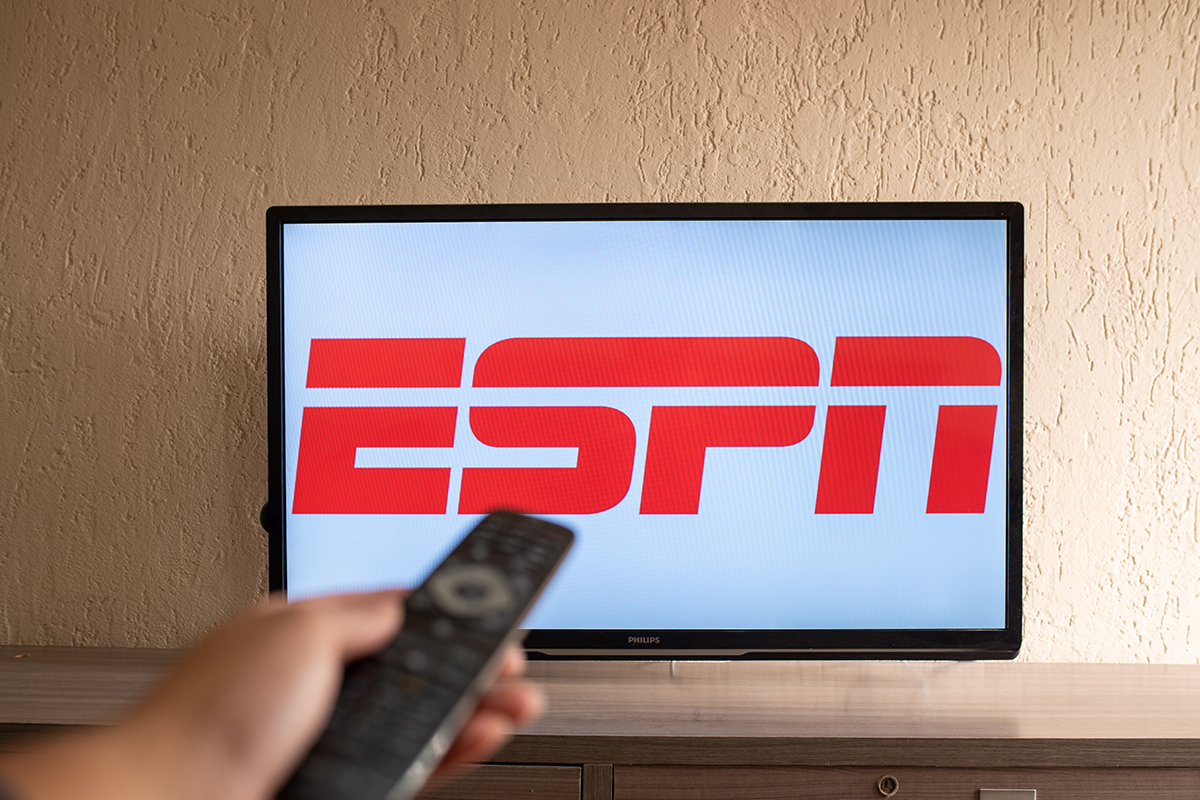The ongoing conflict has deprived nearly 15 million cable viewers of ESPN and other Disney-linked channels. In a unique turn, both Disney and Charter Communications are pointing these viewers toward alternate TV platforms.
This intriguing dynamic in the business disagreement between Disney and Charter doesn’t indicate an imminent resolution.
Charter is alerting its Spectrum TV subscribers about an enticing offer from Fubo’s live TV streaming service. Depending on the chosen package, viewers can avail a discount of 25% or 30% for two months.
Phillip Swann, a journalist with experience covering carriage disputes and the person behind tvanswerman.com, said, “In all my years covering such disputes, I’ve never seen a TV service provider promoting a competing provider’s discounted offer during a channel blackout.”
No comment was provided by Spectrum on Tuesday regarding the implications of this offer.
Conversely, Disney is providing its disgruntled Spectrum subscribers with online links for alternative services such as Hulu, Fubo, Sling, and YouTubeTV. A Disney spokesperson mentioned that the dialogue with Charter is ongoing but offered no further details.
This corporate standoff led to a sudden blackout of channels including ESPN, ABC, FX, National Geographic, and other Disney-owned channels for Spectrum TV users on a recent Thursday evening. In major cities like New York, Chicago, and Los Angeles, ABC-TV also went off-air.
While disputes over the costs of broadcasting specific channels are not rare, Charter emphasizes that the decline in cable subscribers in recent times implies a swiftly evolving market. Charter urges Disney to allow more flexibility in “bundling”, so customers aren’t compelled to pay for undesired channels. Charter also proposes that Disney include its ad-supported streaming content at no extra charge, arguing that many top shows have shifted to streaming platforms.
Rich Greenfield of Lightshed Partners believes Charter, which serves both broadband and cable users, foresees a shift of ESPN towards direct-to-consumer streaming.
Greenfield, in his analysis, pondered, “Could this be a pivotal moment for the traditional TV sector and potentially disrupt the entire sports media landscape?” He added, “From past experiences, such disputes typically culminate in a mutual agreement.”
The evolving dynamics of the TV industry, paired with the growing influence of streaming services, underline the importance of adaptability and collaboration for giants like Disney and Charter. As viewers find themselves caught in the crossfire of corporate disputes, the broader question remains: Will this transformation in viewer choices lead to more viewer-centric services or intensify corporate power struggles?







